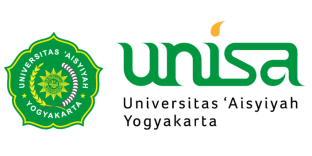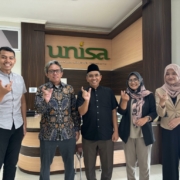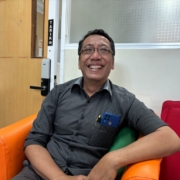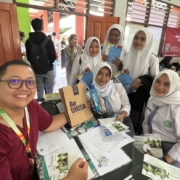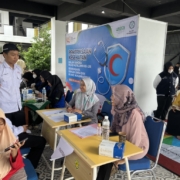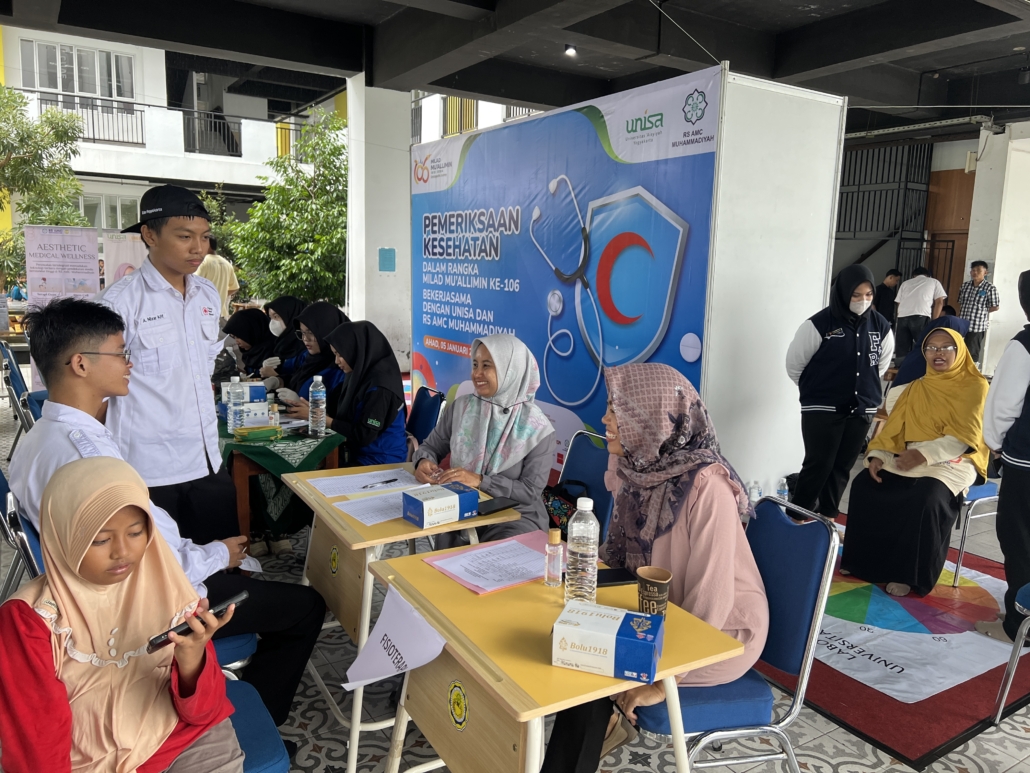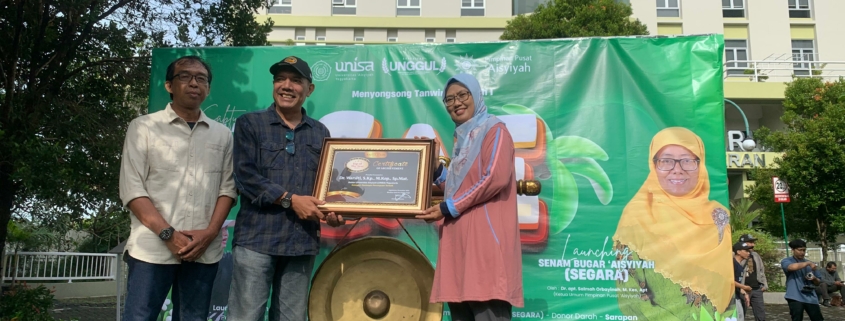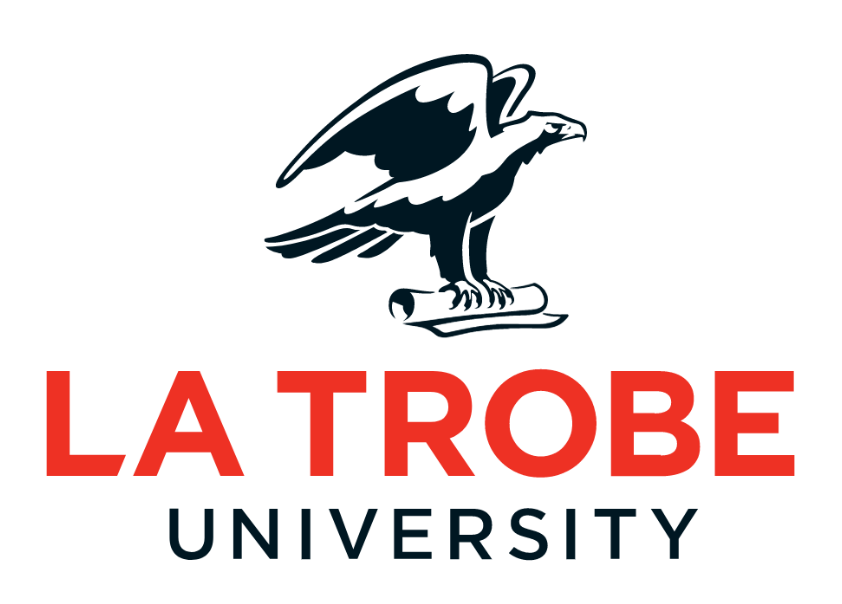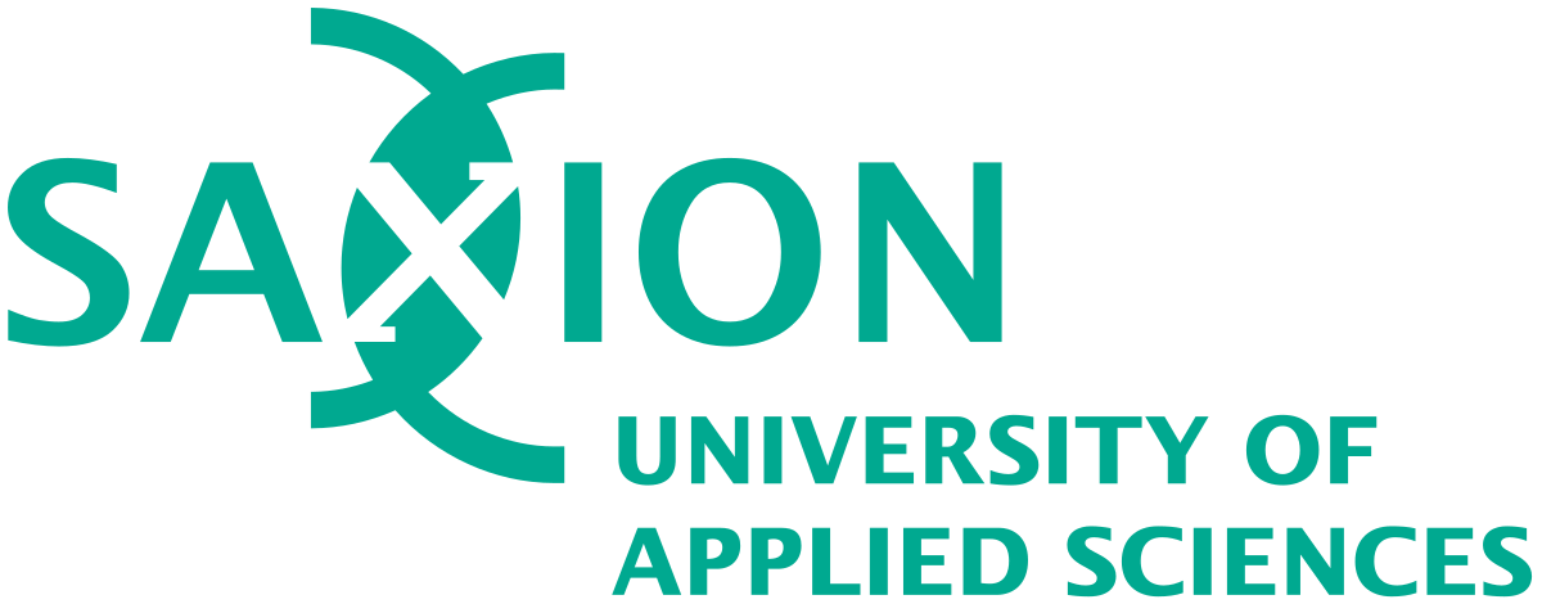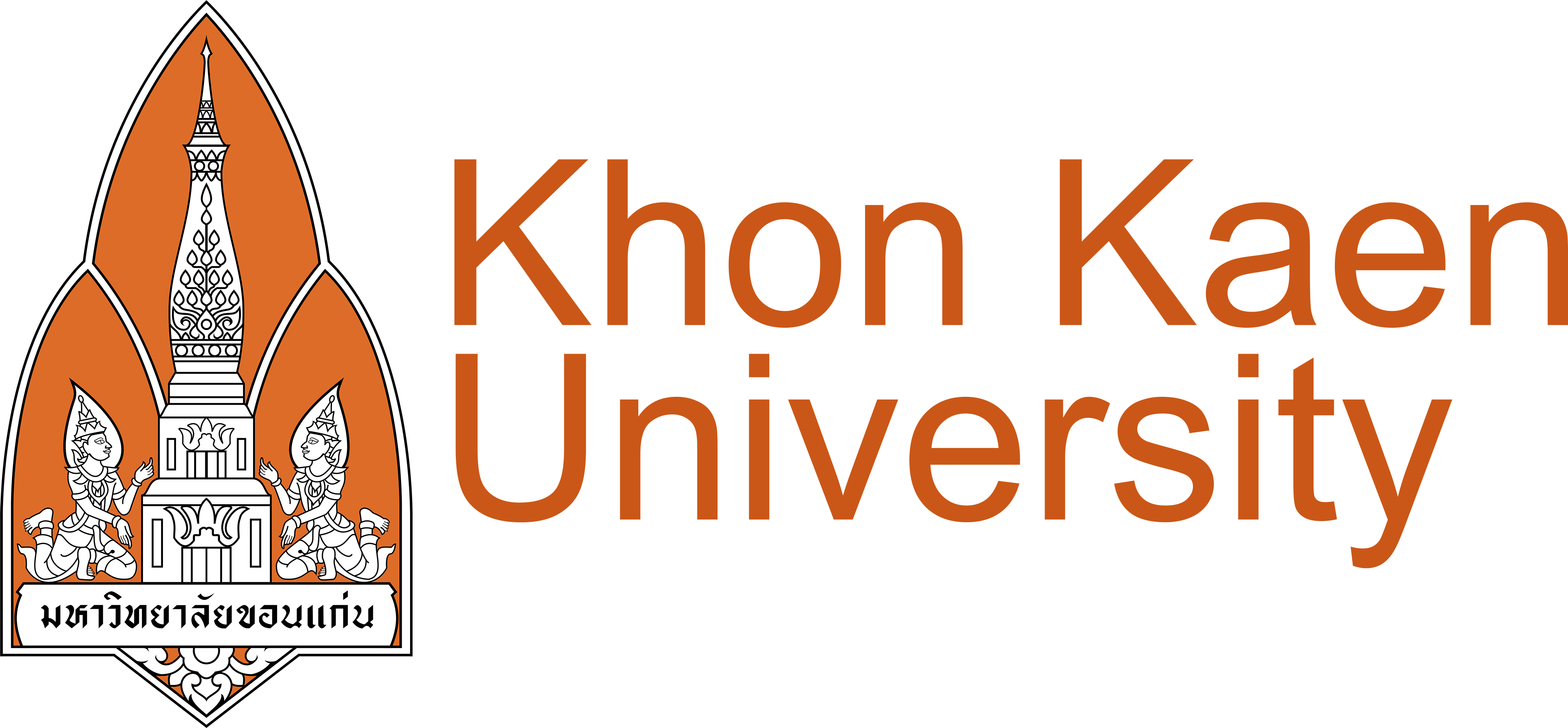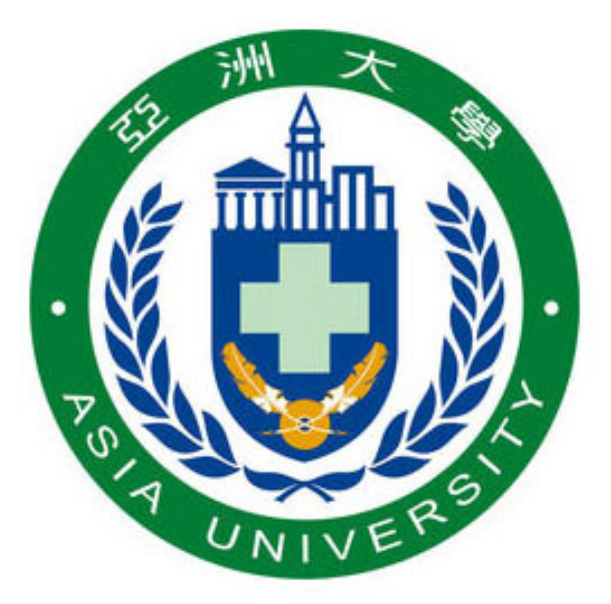News, News
Public Relations
Founder & CEO of Indonesian Public Relations, Asmono Wikan, said that the role of public relations in educational institutions, such as universities, is an important part. Public Relations is a long-term investment that can be felt in the future.
Asmono Wikan assessed that the role of public relations as a communicator in an organization can be seen in the long term. He said that currently there may still be many who think the role of public relations is less visible.
“It is said that they only work during a crisis, not really. In fact, before the crisis, they also found methods to build a strong fortress,” said Asmono Wikan, during an audience at Universitas ‘Aisyiyah (Unisa) Yogyakarta, Thursday (16/1/2025).
The man who is also the Founder of MAW Talk said that his party is trying to synergize with universities to strengthen the role of public relations. “We also open the possibility of collaboration, with Unisa Yogyakarta, with Muhammadiyah, and the education system,” said Asmono Wikan.
Vice Rector IV for Cooperation and International Affairs of Unisa Yogyakarta, Moh. Ali Imron, S.Sos., M.Fis., shared the same view, that the role of public relations is very important. He also said that the role of public relations is not felt instantly. “Public relations is very important. The impact is not instantaneous,” said Imron.
Imron also assessed that currently there may still be those who see public relations not as an investment. This view should be changed, and see the role of public relations as an investment.
He gave an example that the campus has various facilities, technology, good laboratories, but when there is no role of public relations to brand well to the outside, it becomes less. “It’s not meaningful if public relations can’t introduce it all,” said Imron.
Imron also welcomed the cooperation opportunity initiated by MAW Talk, Public Relations Indonesia. He hopes that the good practices that have been implemented at Unisa Yogyakarta will also become an example.
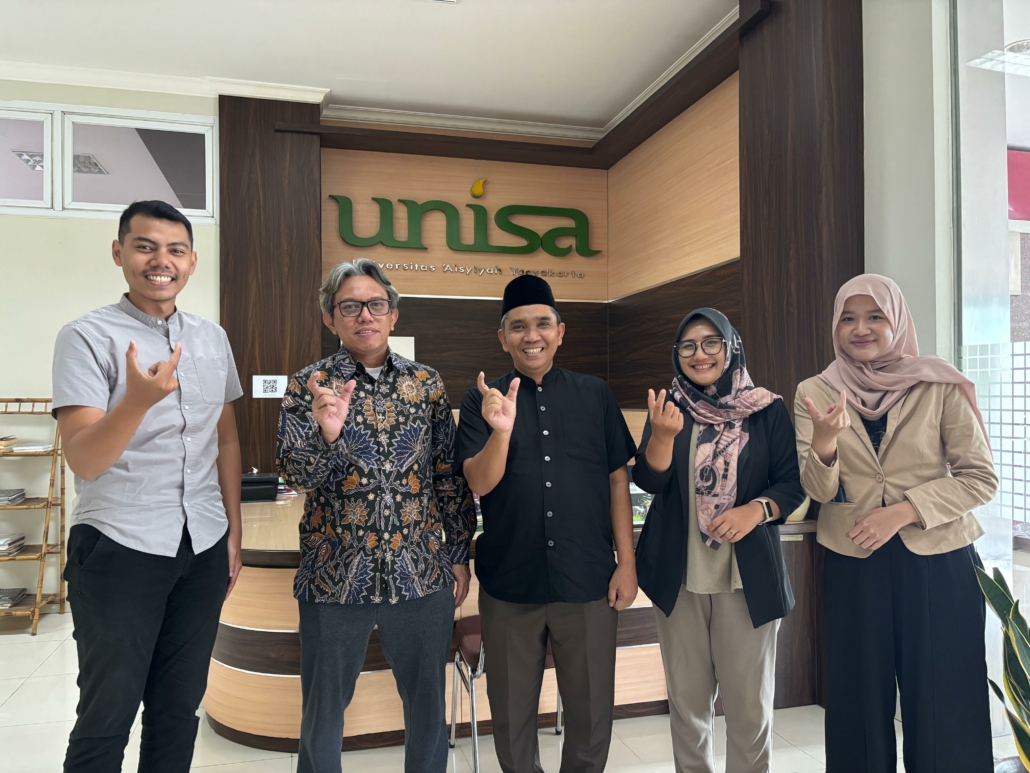
Tags:aisyiyah, banggamenjadiunisa, beunisa, kehumasan, unisayogya
